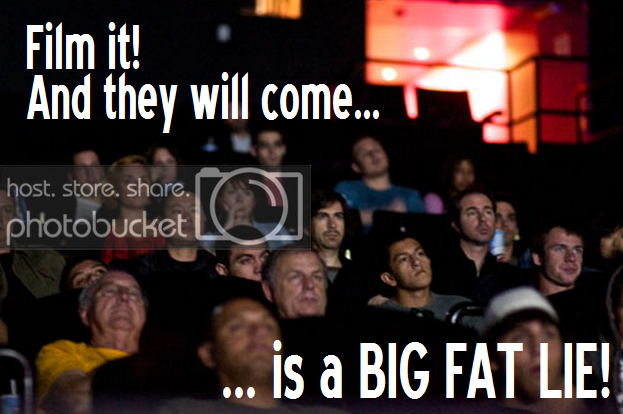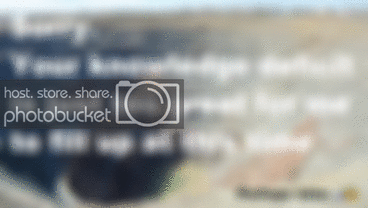You should spend some time researching the names and submission deadlines of the festivals you legitimately believe would exhibit this documentary.
Determine if you can shoot and edit this before their deadlines.
Then research the films, docs + narratives + shorts, that those festivals did show last year and the year before and see what cameras were used.
It'll take some light work on your behalf.
And likely you'll end up noticing that the images your 7D can capture are just fine.
It's the audio that's gonna kill your festival submission, not the images.
Overwhelmingly, audio is the numero uno festival submission killer.
Contact the festival directors and see if they can provide a spec sheet.
That'll solve 90% of your problems.
The merit of the story and its execution are irrelevant if no one is going to watch it because no one's even going to hear it because the audio sux.
Thanks.
There is a long way for me to go before looking for festivals.
First I need to shoot, on my own, the straight documentary part, where few people narrate their story to the camera (each individual separately).
Only after I'll have the full text of all the stories (testimonies), I'll be able to write the full script for the entire movie, including the docu-drama (staged) part.
With the video of the testimonies and the full script I'll be able to apply for sponsors - only then.
If and when there will be sponsors and reasonable budget, I'll be able to gather a full crew, actors and gear to rent. The post production time span will depend on the studio and budget that will by approved by the sponsors. It isn't in my hand, not at this point in time.
I'm well aware of the importance of sound. However, this particular documentary leans on the fantastic, magnificent, fairy-tale-like story it will provide. Anyhow, the audio will not suck, I'm not going to show anything to anyone, not even to potential sponsors, if both image and sound will be less than perfect, on a professional level. My experience as a sound engineer and being an audiophile will assist me with the sound quality.
As for spec sheets, how can I contact festivals directors?






